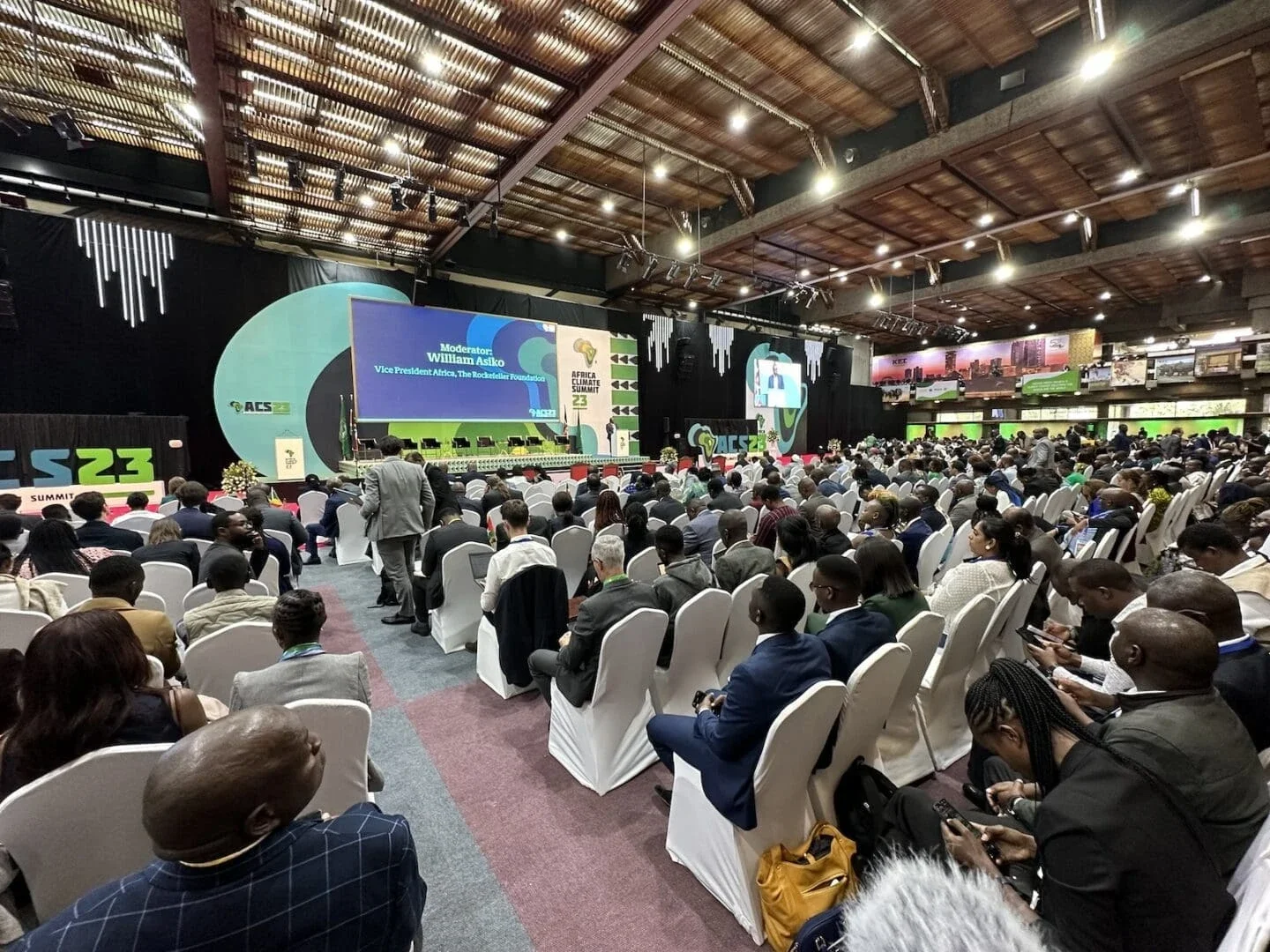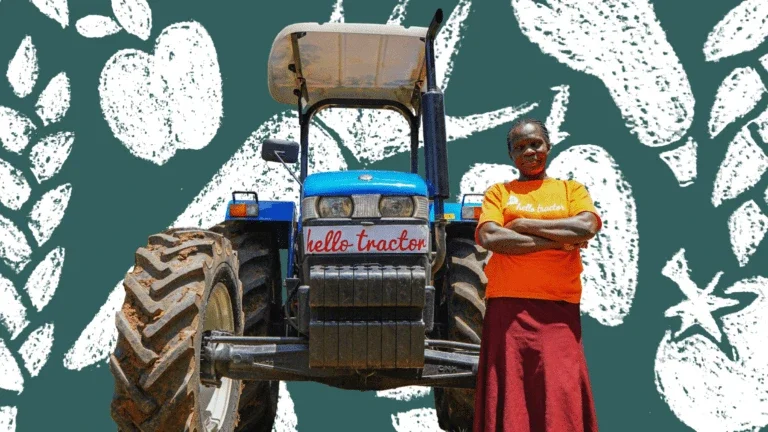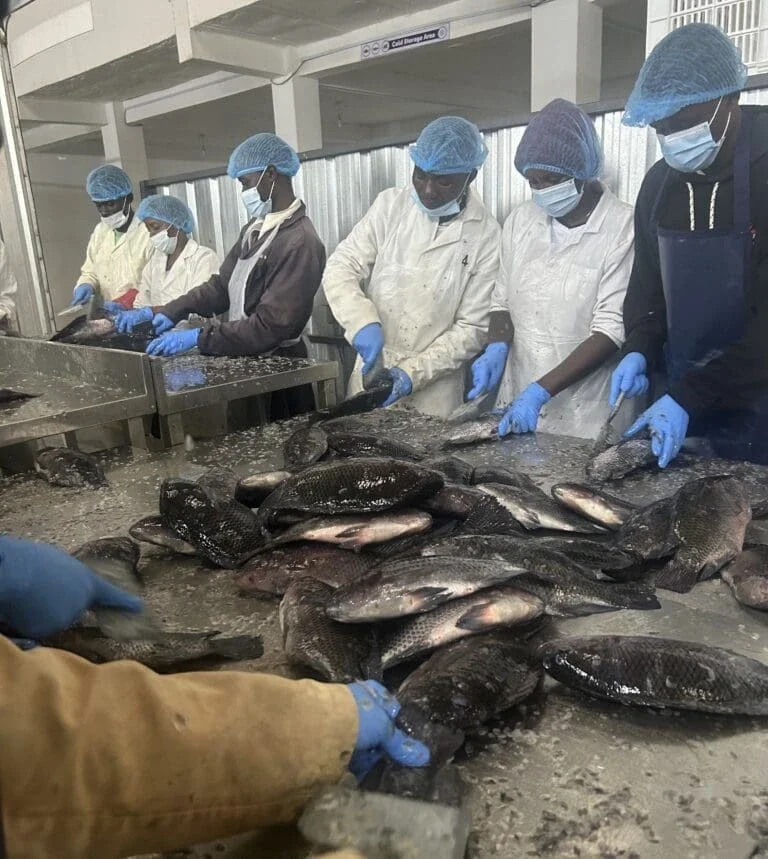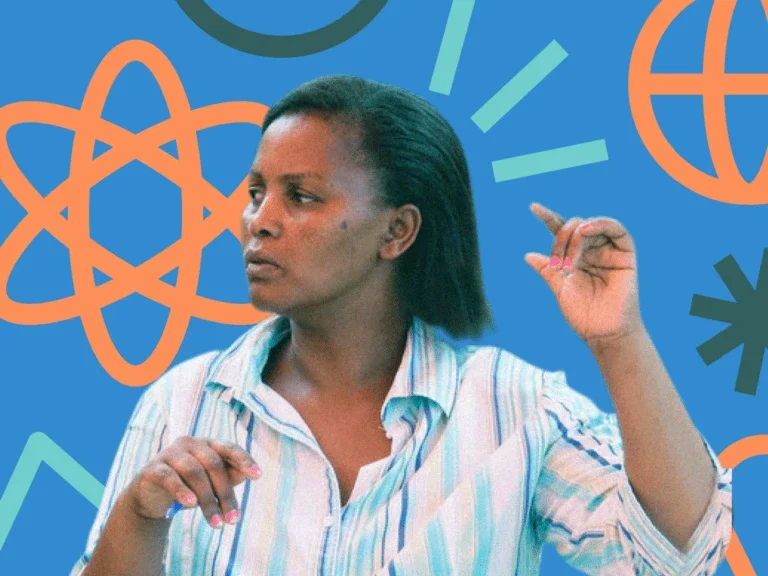In early September, I made my first trip overseas with The Rockefeller Foundation as part of our delegation to the Africa Climate Summit in Nairobi, Kenya.
As a speechwriter, I often help my colleagues prepare for high-level events. But this was the first time I got to see them present on a global stage.
Elizabeth Yee, the Foundation’s Executive Vice President of Programs, discussed how Africa’s private sector can lead climate action on the continent.
William Asiko, the Vice President for our Africa Regional Office, described myriad ways African countries can mobilize the financing they need to achieve their climate and development goals, from adopting regulations to developing voluntary carbon markets.
Dr. Naveen Rao, the Senior Vice President for our Health Initiative, interviewed African health ministers working to safeguard people’s physical and mental well-being on a warmer planet.
Africans Leading the Climate Change Fight
As incredible as it was to see our team members’ leadership in action, it was equally incredible to see Africans leading a vital conversation.
For the first time ever, all of the African Union’s member states came together to discuss climate change.
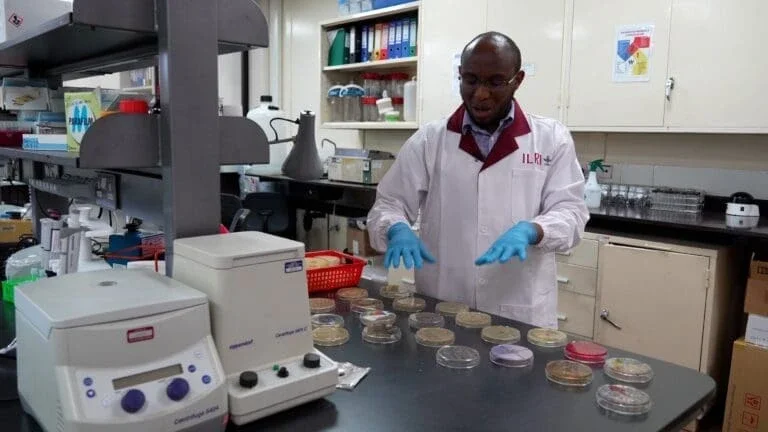
The bold declaration they issued at the end of the Summit reflected what I witnessed in person: Africans’ commitment to determining their own future while also helping lead the global response to the climate crisis.
After the Summit concluded, a few of us joined Dr. Rao for a visit to the International Livestock Research Institute (ILRI), the not-for-profit where leading scientists are studying how human, animal, and planetary health intersect—and how those intersections are changing as our planet warms.
- 0out of the 10out of the 10
countries most vulnerable to climate change are in Africa
- > 0MillionMillion
people in Africa were directly affected in 2022 by climate change
- ~0%%
of global carbon emissions come from Africa
We visited laboratories where the ILRI team conducted real-time genomic analysis of SARS-CoV-2 at the height of the COVID-19 pandemic.
We met scientists who are measuring the methane emissions of lambs and other livestock and demonstrating how farmers can use animal waste to power their operations.
And we connected with young leaders who are committed to ensuring people, animals, and plants remain healthy despite the impacts of climate change.
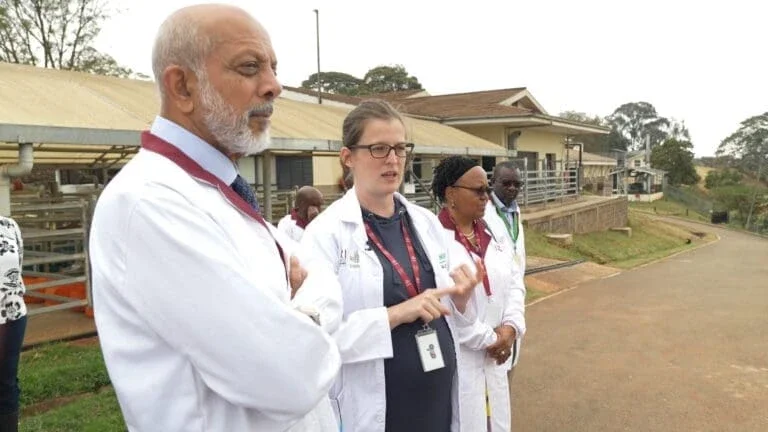
The Lasting Lesson is One of Hope
Several weeks after the Summit, I often think of those young leaders and the other people I spent time with. So many of them, including our partners at ILRI, thanked us for the Foundation’s work.
But as Dr. Rao said, we are the ones who should be thanking them.
Because it is true that years-long droughts, devastating storms, and other extreme weather events are already impacting Africans.
But that is not unique to the continent. Whether it’s wildfires in the U.S. and Canada or floods in South and Southeast Asia, people across the globe are being affected.
In fact, a recent Nature study found that over the last two decades, $143 billion annually of the costs of extreme weather events is attributable to climatic change—the majority of which is due, tragically, to the loss of human life.
So, we are lucky to have Africans leading the response to climate change, and I am lucky to have met some of them. Whether it was the president of a country, a young scientist at ILRI, or my own colleagues, these people are shaping Africa’s—and the world’s—future.
The key lesson I learned during my time in the “green city in the sun”? Climate change is real, it is here, but with Africans leading the way, we have plenty of reasons for hope.
